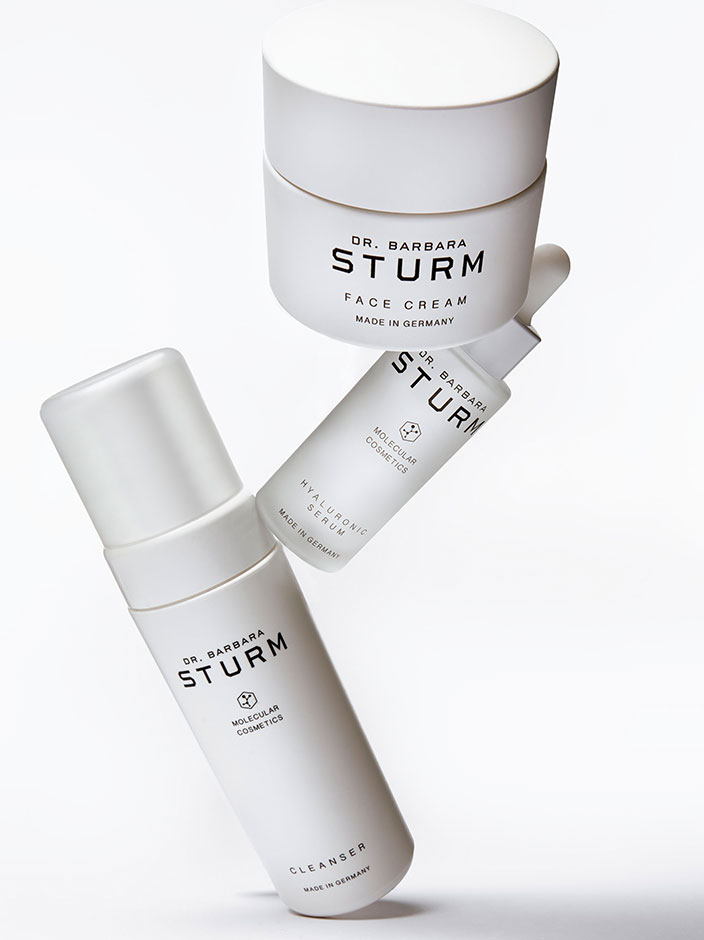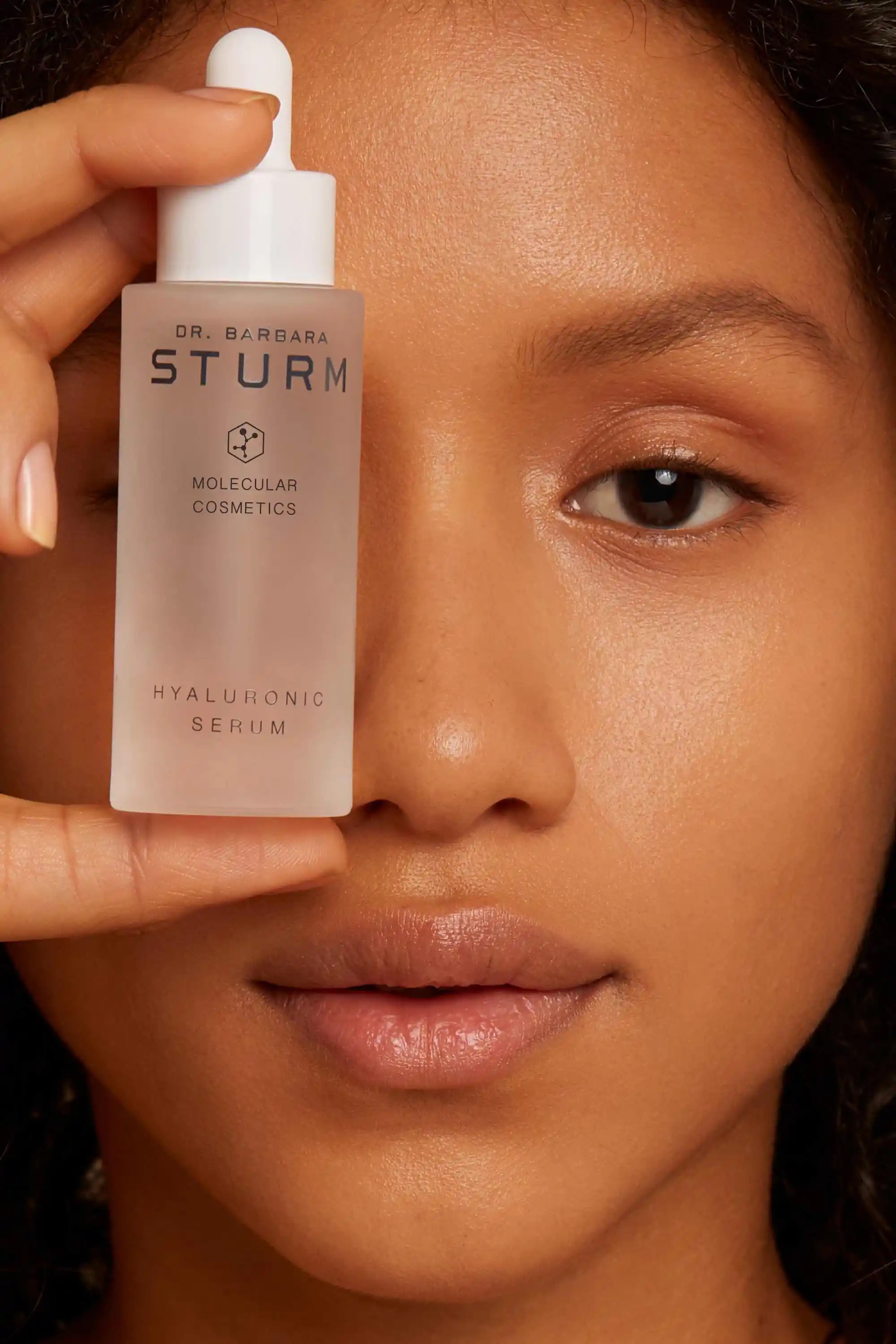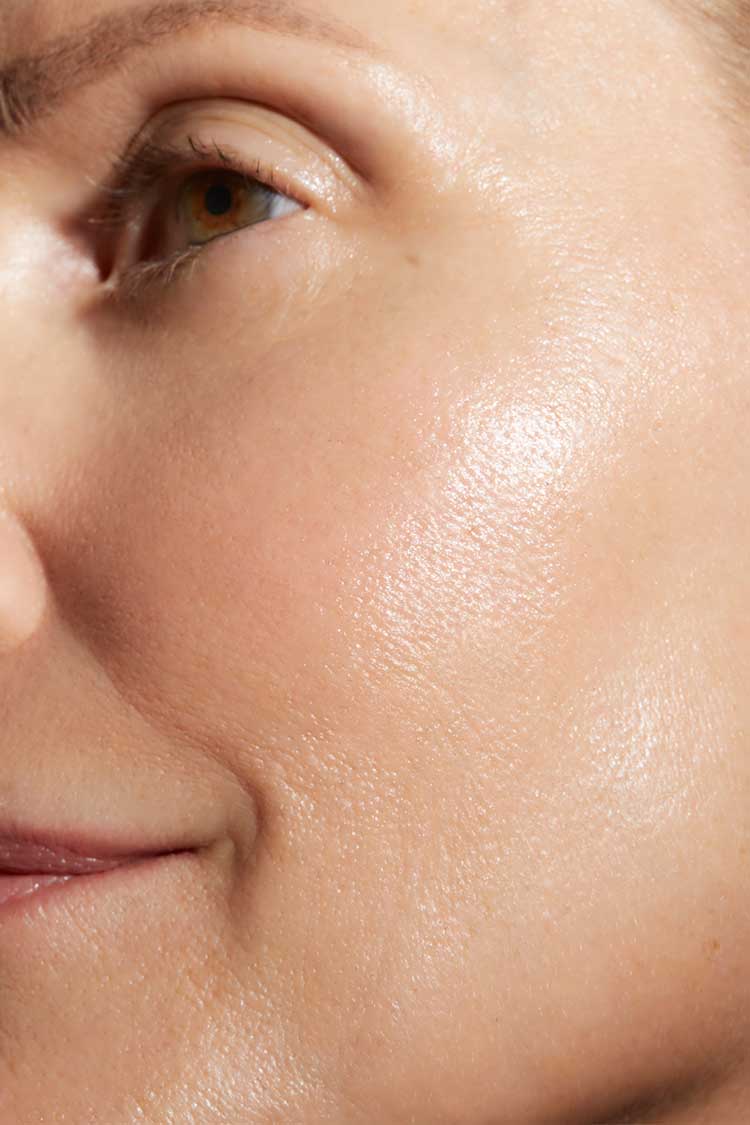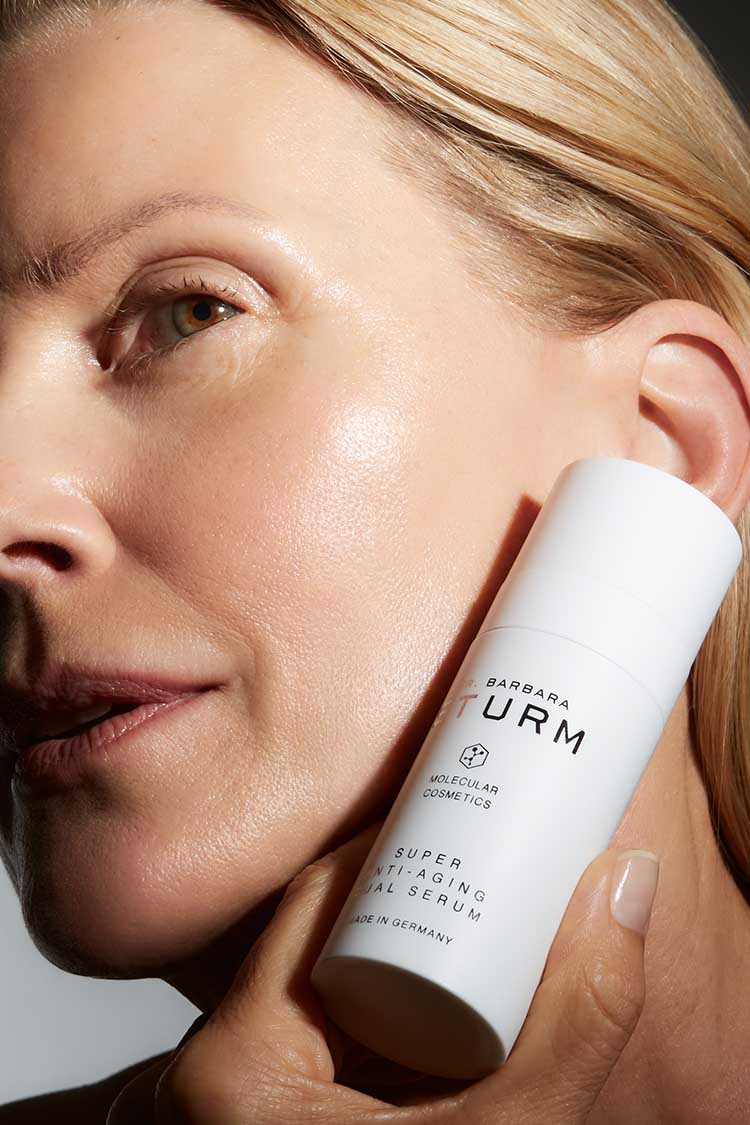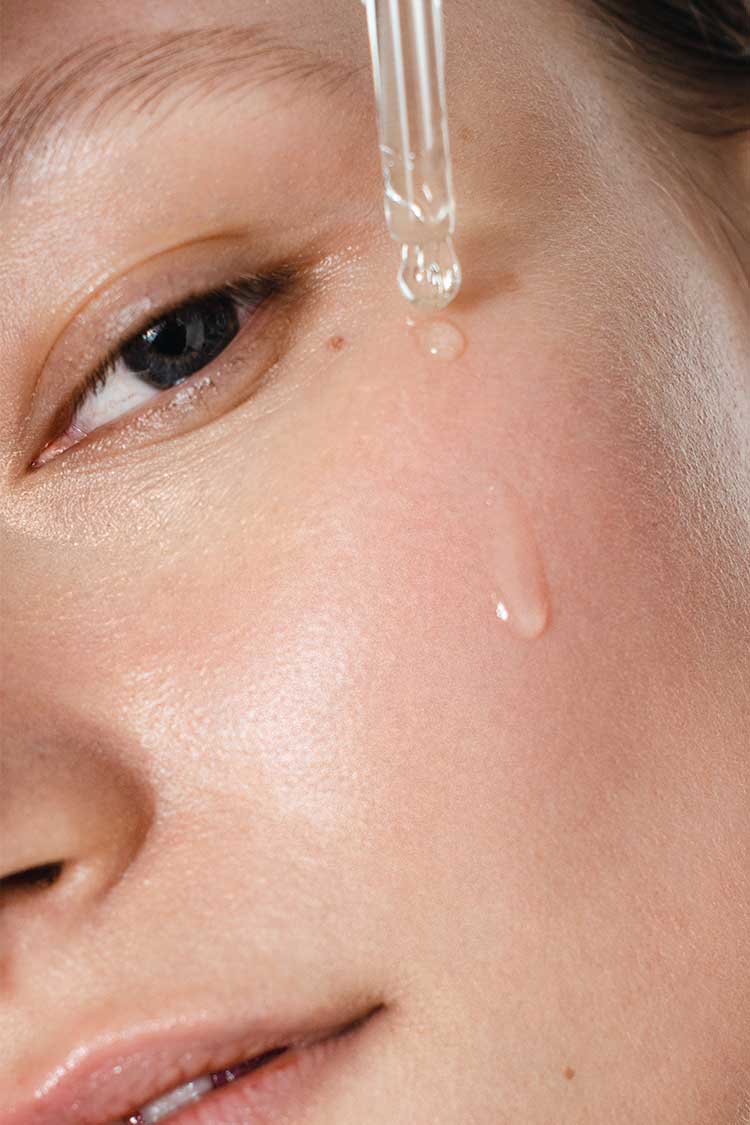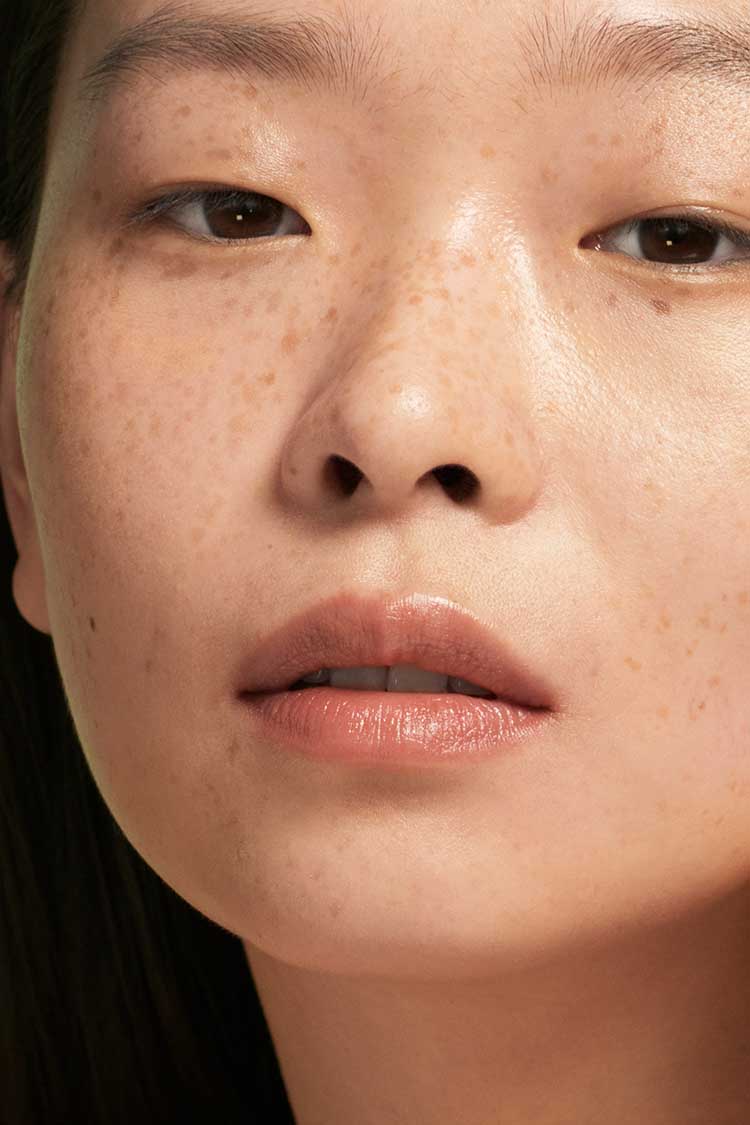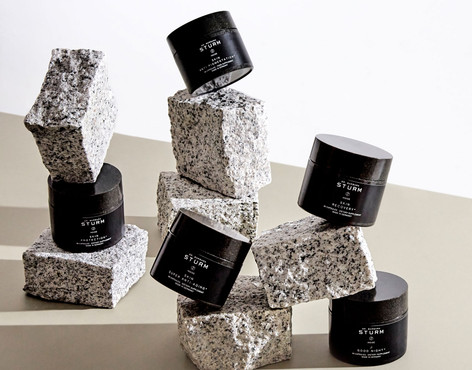The Sustainability Innovation Behind STURM INSIDE
24th Oct 2024
Sustainability is important to the whole team at Dr. Barbara Sturm and a subject that’s close to Dr. Sturm’s heart and we are always working on ways to reduce our waste; to date we have significantly reduced the amount of packaging we produce, use recyclable paper from sustainable forestry for product leaflets and boxes, changed our plastic jars to recyclable glass and use sustainable materials for the bags and pouches of our kits and sets. However, we can always do more. This year, we are happy to introduce DR. BARBARA STURM INSIDE; a reformulated collection of Dr. Sturm’s oral supplements that, in a first for the brand, showcase a new and sustainable packaging innovation that’s safe for living organisms and the environment.
100% Bio-Based Material
The DR. BARBARA STURM'S INSIDE packaging is made of a 100% bio-based material composed of mainly wood and plant-based binders from responsibly sourced, sustainable raw materials, including wood from certified forests. This material biodegrades within the same time frame as naturally occurring wood (which can take up to five years), which is a fraction of the time it takes regular plastic to biodegrade; plastic bottles, for example, can take up to 450 years to decompose in landfill.
Low Dosage Color
The packaging of DR. BARBARA STURM INSIDE also uses pigments with a low dosage of color (1%) which is approved by composting standards. When packaging such as card or paper biodegrades, the oils, pigments and varnish used in the printing process do not biodegrade and ultimately impact the composability and recyclability of the packaging. Oils often contain minerals, whilst the pigments contain heavy metals like lead, mercury or cadmium which contribute towards environmental pollution.
DR. BARBARA STURM INSIDE PACKAGING
Fully Compostable
The preferred recycling method for the DR. BARBARA STURM INSIDE jars is industrial composting. Customers can place the jars into their organic recycling bin. Then, once it is industrially composted, it will biodegrade within three months in accordance with the European standard EN13432 - which requires compostable plastics to disintegrate after 12 weeks and completely biodegrade after six months.
SIGNATURE:
Team Sturm
DATE:
27 August 2021
DOCTOR'S NOTES
BY DR. BARBARA STURM
DOCTOR'S NOTES
BY DR. BARBARA STURM
